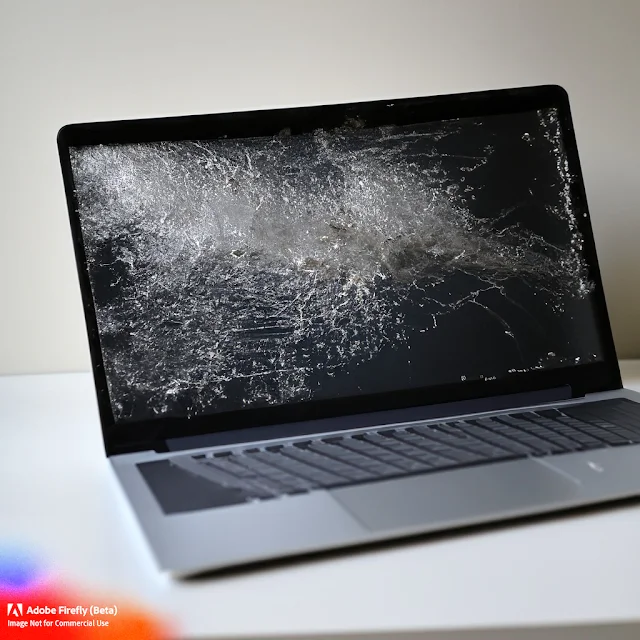Accidents happen, and when it comes to our MacBook laptops, even the most careful individuals can find themselves facing accidental damages. Water spills have been a recurring issue for many MacBook users, me included. In this article, we will explore the benefits of Apple adopting IP (Ingress Protection) protection for its MacBook lineup, providing users with an extra layer of defense against accidental liquid damage and ensuring the longevity of their devices.
Accidental Damages to MacBooks: Despite our best efforts to safeguard our devices, unforeseen incidents can occur, leading to unexpected repairs or replacements. Accidents involving liquid spills pose a significant risk, as they can cause irreparable damage to the internal components of the laptop.
Issue of Water Spills: Accidental spills are often unavoidable, especially in situations where we work or enjoy our MacBook near liquids. While accidents are part of life, it is essential to explore solutions that can minimize the impact of such incidents.
Addressing Accidental Damage Concerns:
Accidental damage is an
issue that affects many MacBook users. By implementing IP protection,
Apple can effectively address this concern and offer users a more robust
and resilient device. MacBook owners would have peace of mind, knowing
that their laptops are better equipped to handle accidental liquid
exposure without compromising performance.
Importance of Protecting Expensive Devices
MacBooks are
not just ordinary laptops; they are premium devices that often come with
a substantial price tag. It is crucial to protect these valuable
investments to ensure that users can enjoy their devices for an extended
period. IP protection offers a practical solution to safeguard MacBook
devices from one of the most common accidental damages.
Need for IP Protection:
By adopting IP protection, Apple can provide an additional layer of defense against water spills and accidental liquid damage. IP ratings are internationally recognized standards that measure the degree of protection provided by electronic devices against dust and water ingress. Implementing IP protection in MacBook devices would ensure a higher level of resistance to accidental spills, mitigating potential damages.
Benefits of IP Protection:
IP protection offers several key benefits for MacBook users. Firstly, it provides peace of mind, knowing that your MacBook has an added layer of defense against accidental liquid exposure. Additionally, IP protection can help maintain the integrity of the internal components, reducing the risk of malfunctions caused by liquid damage. Furthermore, it can contribute to the overall longevity of the device, ensuring a longer lifespan for your MacBook.
Apple's Opportunity to Implement IP Protection:
Apple has always been committed to providing exceptional user experiences and setting industry standards. By incorporating IP protection into its MacBook lineup, Apple could lead the way in device durability and customer satisfaction. It can showcase its dedication to innovation by addressing a common concern among MacBook users and ensuring that their devices are well-protected.
Ensuring User Satisfaction and Longevity
By adopting IP protection, Apple can further enhance user satisfaction by safeguarding their valuable investments. Additionally, by increasing the longevity of MacBook devices through IP protection, Apple demonstrates its commitment to sustainability and reducing electronic waste.
Accidental water spills on MacBooks have caused significant inconvenience and financial burden for users. By adopting IP protection, Apple can proactively address this issue, offering an extra layer of defense against liquid damage. Implementing IP protection in the MacBook lineup would not only provide users with peace of mind but also demonstrate Apple's commitment to delivering high-quality and durable devices.

No comments:
Post a Comment
Note: Only a member of this blog may post a comment.